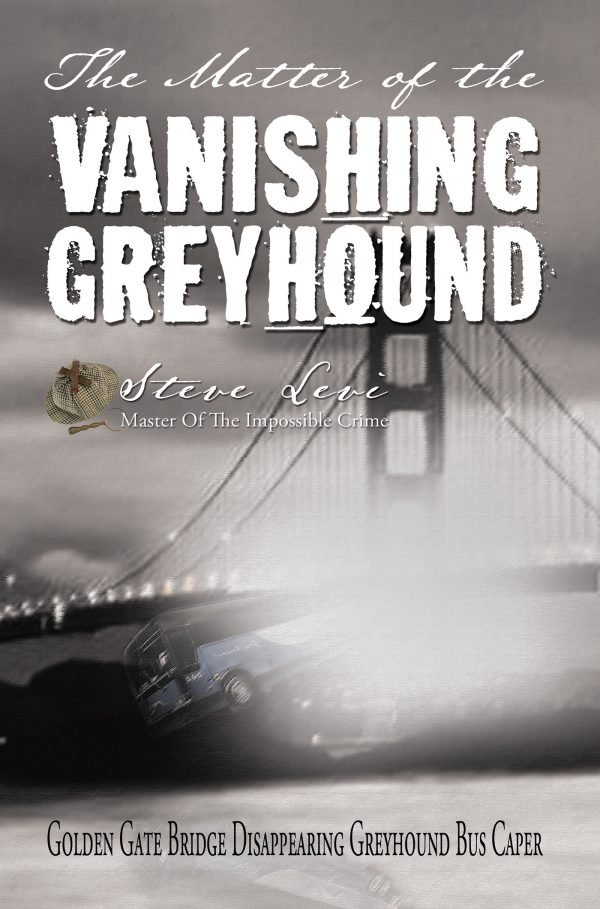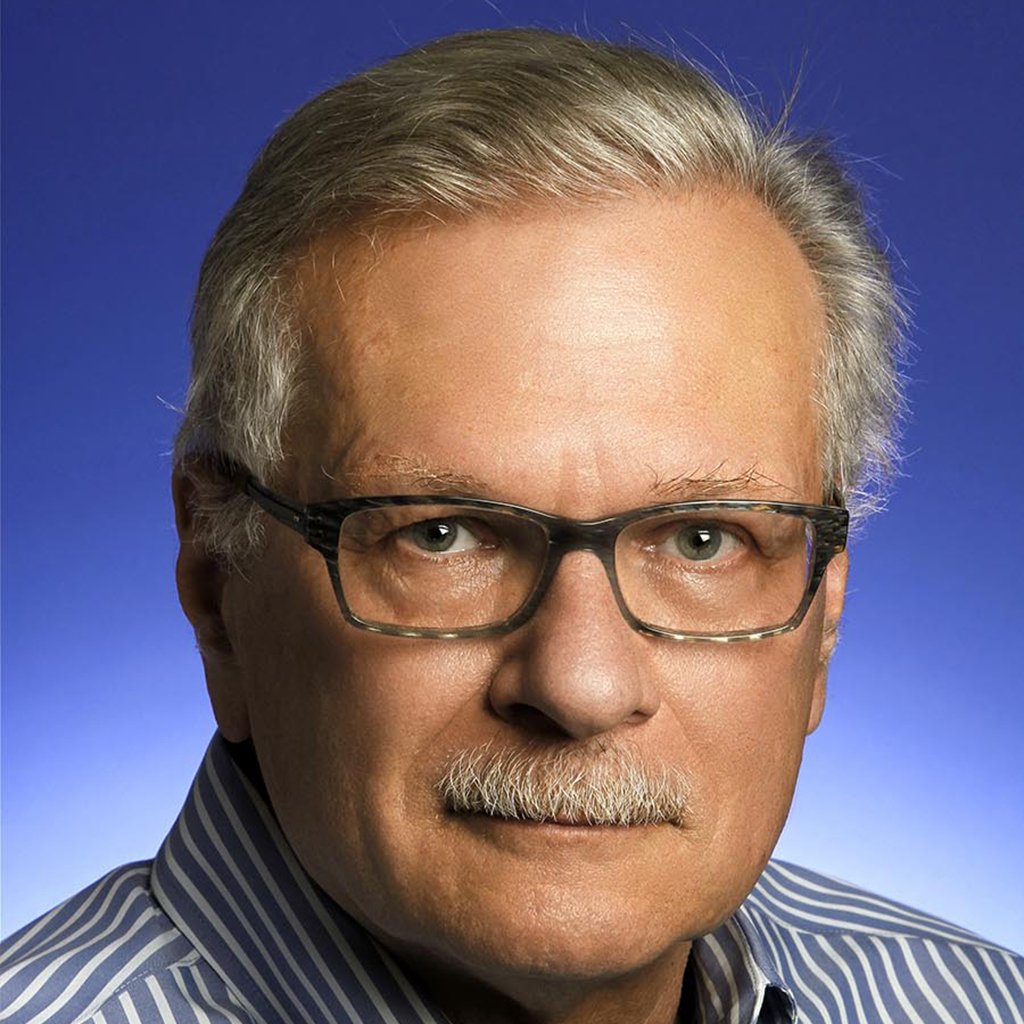The Matter of the Vanishing Greyhound
Golden Gate Disappearing Greyhound Bus Caper
Steven Levi
Master of the Impossible Crime
Chapter 39
Billingsley spent 15 minutes lying on the back floor of the ivory Ford, his pelvis bouncing on the drive shaft housing, which ran down the center of the floorboard. His host had covered him with an army blanket, comforter and then a threat. “First time you poke your nose out from under the blanket, I’ll shoot it off. Got it?”
Billingsley said something the driver took to be in the affirmative so the vehicle had lurched into traffic. It was the last contact Billingsley had with San Francisco until the car pulled to a stop. He started to rise, like a ghost of wool and nylon piling, until he felt the prod of metal on his head.
“Not so fast, my man. You stay down.”
Billingsley settled back onto the floor and listened to the drone of the idling engine. Then he heard what sounded like a garage door going up. The Ford inched forward and then its engine shut off. This was followed by the sound of a garage door going down behind him. There was silence for a second and then the shroud of blanket and comforter was pulled off his head and the rear door to the Ford jerked open.
“Outside, my man,” came the booming voice of the driver.
When Billingsley came up for air, his eyes opened and then immediately snapped shut before the withering blast of a light directly in his eyes. He brought his hands up to protect his face. With his hands pressed against his eyes he was helpless.
Two pairs of hands pulled him out of the back of the Ford and jerked him erect. When he was finally able to stand, another pair patted him down, pulling the .45 out of the small of his back.
“You’re a bad boy for bringing a gun with you. You can have the gun back, but we’ll keep the clip, OK?” The voice boomed close to Billingsley’s ear and he felt his .45 being slipped into the small of his back. He heard the slide click back and the ping of a shell hitting the cement floor.
With his fists still in his eyes, Billingsley was half-pulled, half-walked a dozen steps and then spun around.
“You can open your eyes now.” The only sound Billingsley heard other than the soft whine of the floodlights was the scraping of canvas being pulled back. “You just be sure you spend all your time looking straight ahead at the money, not behind the lights at us, got it?”
Billingsley grunted and when he opened his eyes he was facing a sea of money, 1,000 bricks of $100 bills. They were stacked on a single pallet, three feet high. There was no question these were the bills from English Petroleum because the bills were clearly not new. Each of the bills on top of each of the bricks had a slightly different discoloration. Some were fairly new, others appeared to have been dredged from the Bay and dried in a kiln.
“There’s no reason to match serial numbers so you’ll just have to check each of the bricks to make sure we didn’t pull out $100 bills and slip in newspaper.”
Someone to Billingsley’s left, just out of his line of sight, handed him a brick of bills whose paper band had been sliced. The pair of hands fanned the bills to show they were all hundreds. Then the hundreds were tossed onto the pallet of bricks. “Take all the time you want in examining the goods.”
“Now you know I don’t have the time to examine all of the bricks.”
“Then you’ll just have to take our word for it. There are 1,000 bricks here, each with $10,000. If you don’t want to check them, fine. It’s up to you.”
“How do I know you won’t cheat me?”
“Because if we did, you’d have a contract out on us.”
“You’ve been reading too many espionage novels.”
There was general laughter behind Billingsley. Then the same voice came back, booming next to his ear. “Listen, man. English Petroleum does whatever it pleases here, in Africa, Colombia, Panama, anywhere. No, if the company thought it was at risk, there would be a hit out. So we play it safe. We get our insurance. Then we say good-bye.”
“What kind of insurance are we talking about?”
“Now I’m glad you asked me. As soon as you’re satisfied these bills are legitimate – and as soon as our man informs us the $7 million is available – we’re going to make a little exchange. But the Regional Vice President of Pacific Rim Operations for English Petroleum is going to be here when the exchange is made.”
“Why?”
“Because we want the man on film. So he can’t say he never got the $10 million. As long as we’ve got the tape, no one can say we double-crossed the company. And English Petroleum can’t press charges.”
“Suppose he won’t come.”
“He’s already said he would. If he doesn’t, he doesn’t get this $10 million. We’re very sure he doesn’t want any complications. Now, take your time and examine to your heart’s content.”
Billingsley asked for a knife, which was tossed onto the top of the bricks. Carefully he picked his way onto the stacks of money and began picking up random bricks, slicing them open and checking their contents. He spent 20 minutes crawling around on the bricks, pulling up random bricks to examine. After he had opened two dozen of them, several from the bottom of the piles, he appeared satisfied.
“OK. I’m satisfied enough. Toss me some kind of a bag to keep these loose bills from spilling.
A black plastic garbage bag arched out of the darkness and landed next to him. Billingsley gathered up the loose bills and stuffed them into the bag.
“OK. What’s next?”
“We wait until we hear from our man. You can sit on the bricks. Good boy. Who else can say they sat on $10 million?”
“Richard Nixon?”


